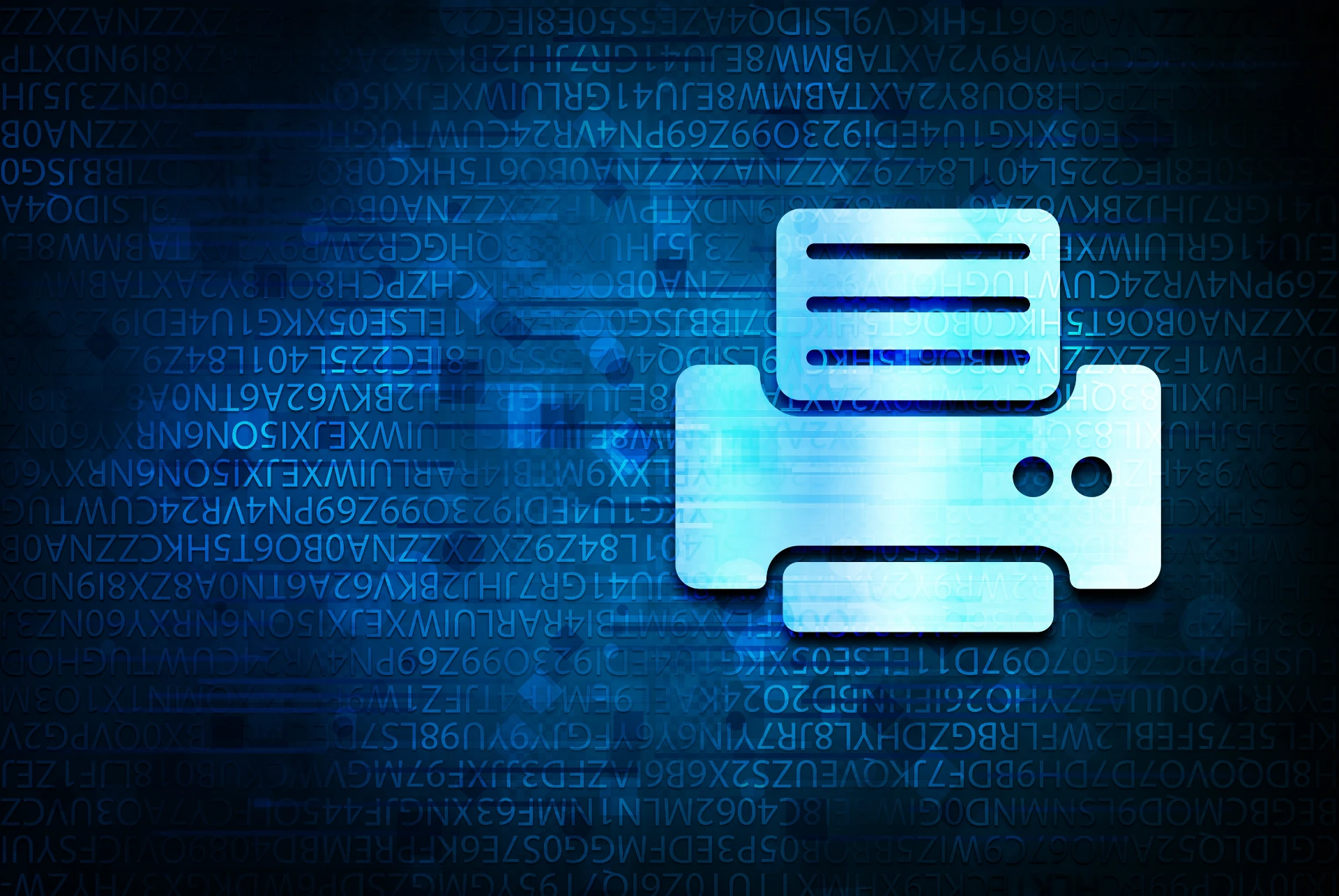Fortinet Acquires Next DLP Strengthens its Top-Tier Unified SASE Solution
Read the release
If your business operates in the U.S. healthcare sector, you need to comply with the data privacy and security guidelines established by the Health Insurance Portability and Accountability Act of 1996 (HIPAA). The legislation was introduced to safeguard patients’ protected health information (PHI). HIPAA standards are designed to ensure PHI is securely stored and processed in an IT environment.
Healthcare providers use a variety of digital tools to deliver healthcare, communicate and collaborate, and store sensitive data. Faxing is just one of many such functions, but faxed documents often contain PHI. There are a variety of tools that support faxing, such as eFax. But is eFax HIPAA compliant?
The short answer is yes, eFax is HIPAA compliant, offering a number of features and safeguards to protect PHI. However, it’s not quite as straightforward as simply opening the application and sending faxes without worry.
This post will examine how eFax complies with HIPAA regulations and can be used productively by healthcare organizations.
In this article:

|
Compliance with HIPAA guidelines includes ensuring that all software used in the environment to collect, process, or store PHI adhere to HIPAA guidelines. Companies can be held liable for extensive fines and legal action for data breaches involving PHI that are caused by using non-compliant solutions.
However, even software that meets compliance standards can be misused and result in HIPAA violations.
The effective use of HIPAA-compliant software is promoted by implementing the following best practices.
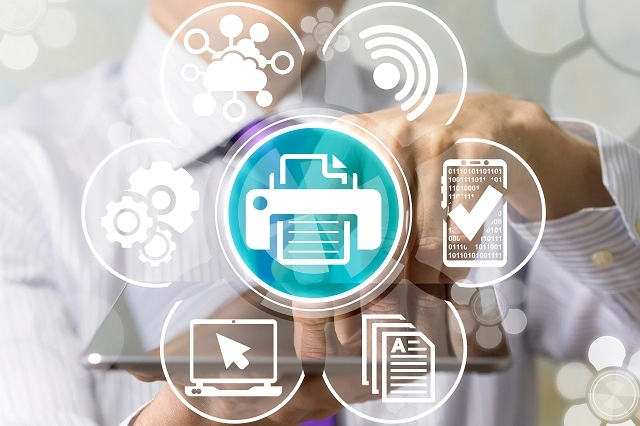
|
Healthcare companies and providers still make extensive use of faxes over other electronic communication methods. While some may consider faxing an outdated technique for exchanging information, the healthcare industry continues to utilize this technology for several compelling reasons.
HIPAA covered entities and business associates that want to utilize online fax services must carefully evaluate vendors to select a compliant fax solution.
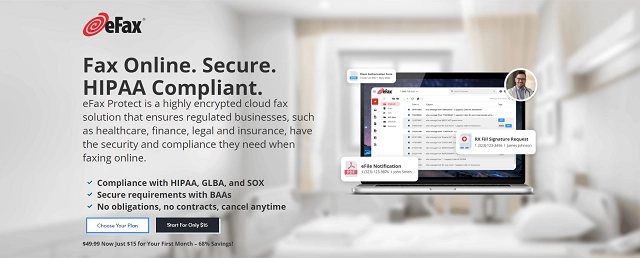
|
eFax advertises itself as a HIPAA-compliant fax solution designed to meet the regulatory compliance required by the healthcare industry. It backs up this claim with an extensive list of features and capabilities that address the compliance needs of healthcare businesses and practitioners.
eFax offers two HIPAA-compliant options: eFax Protect and eFax Corporate. These plans offer secure transmission of sensitive documents for regulated industries such as healthcare and finance. The service allows users to send and receive faxes online through an online portal, email attachments, or mobile devices.
With features like auto-resend for busy fax numbers and automatic delivery confirmations, eFax Protect and eFax Corporate can streamline healthcare fax workflows and improve efficiency.
eFax Protect and eFax Corporate ensure that fax communications comply with HIPAA and other regulations, such as SOX and GLBA, by providing secure and encrypted data transfer with AES 2256-bit encryption protocols, comprehensive digital tracking, clear audit trails, and secure file storage. eFax Corporate is also HITECH certified, ensuring that it meets the most rigorous cybersecurity standards, including HIPAA, NIST, and ISO.
eFax Protect and eFax Corporate address the physical and technical safeguards necessary to protect PHI and comply with HIPAA in several ways.
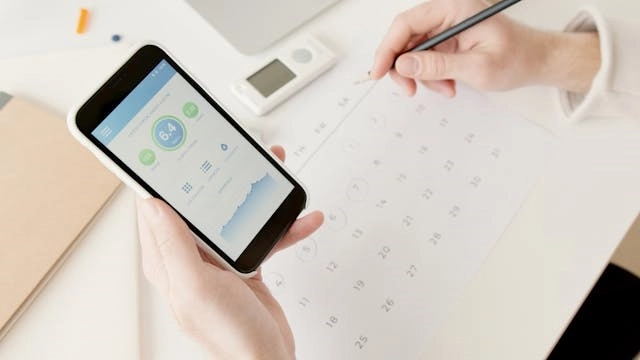
|
eFax's API is designed to seamlessly integrate with EHR/EMR systems in the healthcare industry. This integration allows healthcare organizations to send and receive secure faxes directly from their EHR systems, eliminating the need for manual faxing processes. The API also offers additional features such as account provisioning, billing, and reporting, making it a comprehensive fax solution.
The API is designed to meet the strict security and privacy requirements outlined by HIPAA, ensuring that patient information remains protected during fax transmissions.
To facilitate the integration process, eFax provides extensive documentation and customer support to assist developers with the API integration. This ensures that healthcare organizations can seamlessly incorporate faxing capabilities into their existing EHR/EMR systems, enhancing interoperability between different systems.
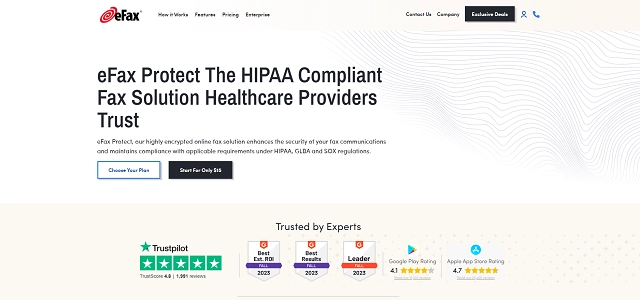
|
As mentioned, eFax will enter a BAA with customers to comply with HIPAA requirements. This is available in both the eFax Protect and eFax Corporate plans. However, as with all third-party vendors and services, the ultimate responsibility for ensuring compliance lies with the customer.
Cover sheets for faxes must comply with HIPAA standards, ensuring the protection of sensitive data during transmission. In addition to the cover sheet, the fax communication itself should adhere to HIPAA and other applicable security standards.
Organizations subject to HIPAA regulations must also take additional measures to protect PHI, such as implementing data loss prevention software to protect health information and other sensitive data from unauthorized access and misuse.
Data loss prevention (DLP) software offers businesses an excellent method of protecting their valuable and sensitive information from deliberate or unintentional misuse. The foundation of a DLP solution is a company’s data handling policy which defines how information can be used throughout the organization.
In companies processing HIPAA-regulated data, the policy should clearly state which individuals or groups can access the information and how they can use it.
The Reveal Platform by Next is an advanced DLP solution that automatically enforces a company’s data handling policy. The software deploys smart agents that deliver machine learning to the endpoint to identify and categorize data at the point of risk. The platform leverages multiple behavioral analytics algorithms to define typical versus suspicious behavior for superior data protection.
Reveal also helps promote a security-conscious workforce that supports the HIPAA requirement to train employees on secure data handling practices. Real-time training is available through instructive messages presented to users who violate the data handling policy.
The data protection experts at Next can set up a demo that illustrates the benefits of adding Reveal to your existing security stack. Give us a call and get started protecting your sensitive data today.
Yes, a potentially HIPAA-compliant software solution can easily be misused in non-compliant ways. Malicious or unwitting insiders may not follow compliance procedures when using the software to access sensitive information. Deliberate attempts to evade access controls can put sensitive data at risk, especially if it is not protected by other data loss prevention measures.
Physical access to fax machines should be controlled in a regulated environment to restrict unauthorized personnel from viewing potentially protected information. Companies should consider a dedicated fax machine in a secure location to handle communication that includes PHI. General information can be exchanged via a different fax machine used for less sensitive data.
The privacy of digital faxes is protected through encryption. While traditional faxes use telephone lines that are difficult to hack, online fax services use the Internet or cellular networks to transfer data. AES 256-bit encryption ensures that unauthorized entities cannot make use of the information by rendering it unreadable to anyone without the decryption keys.
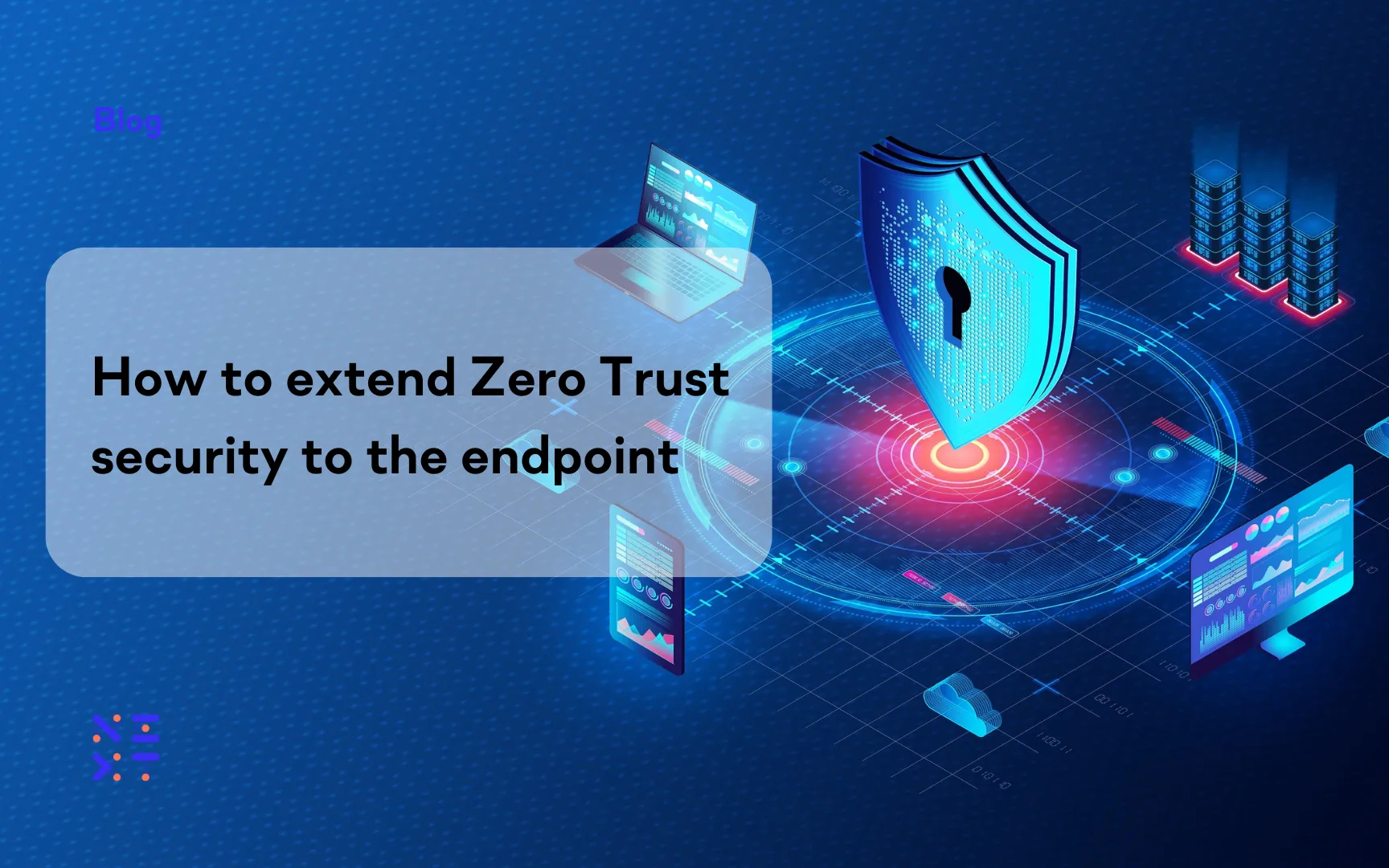
Blog
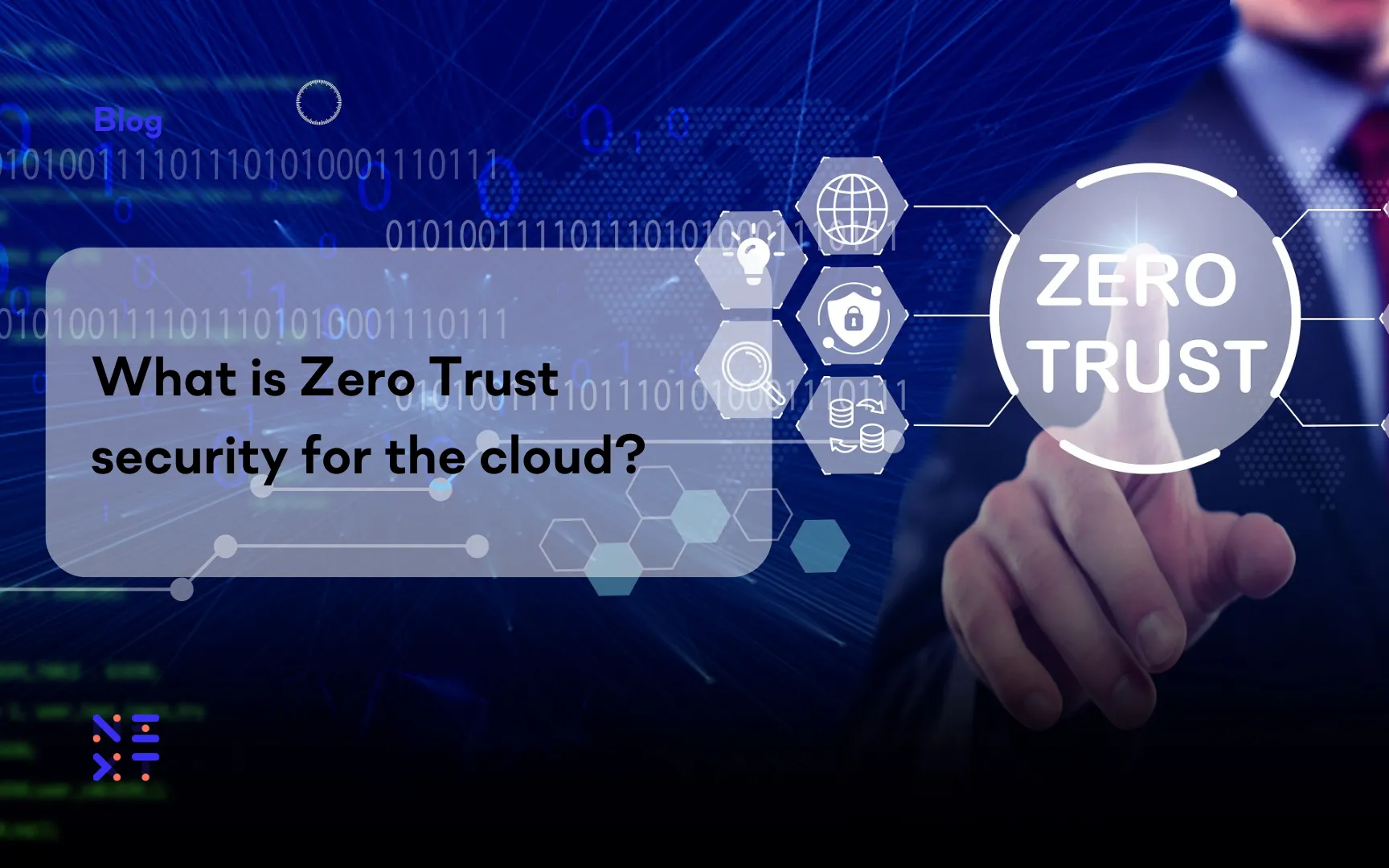
Blog
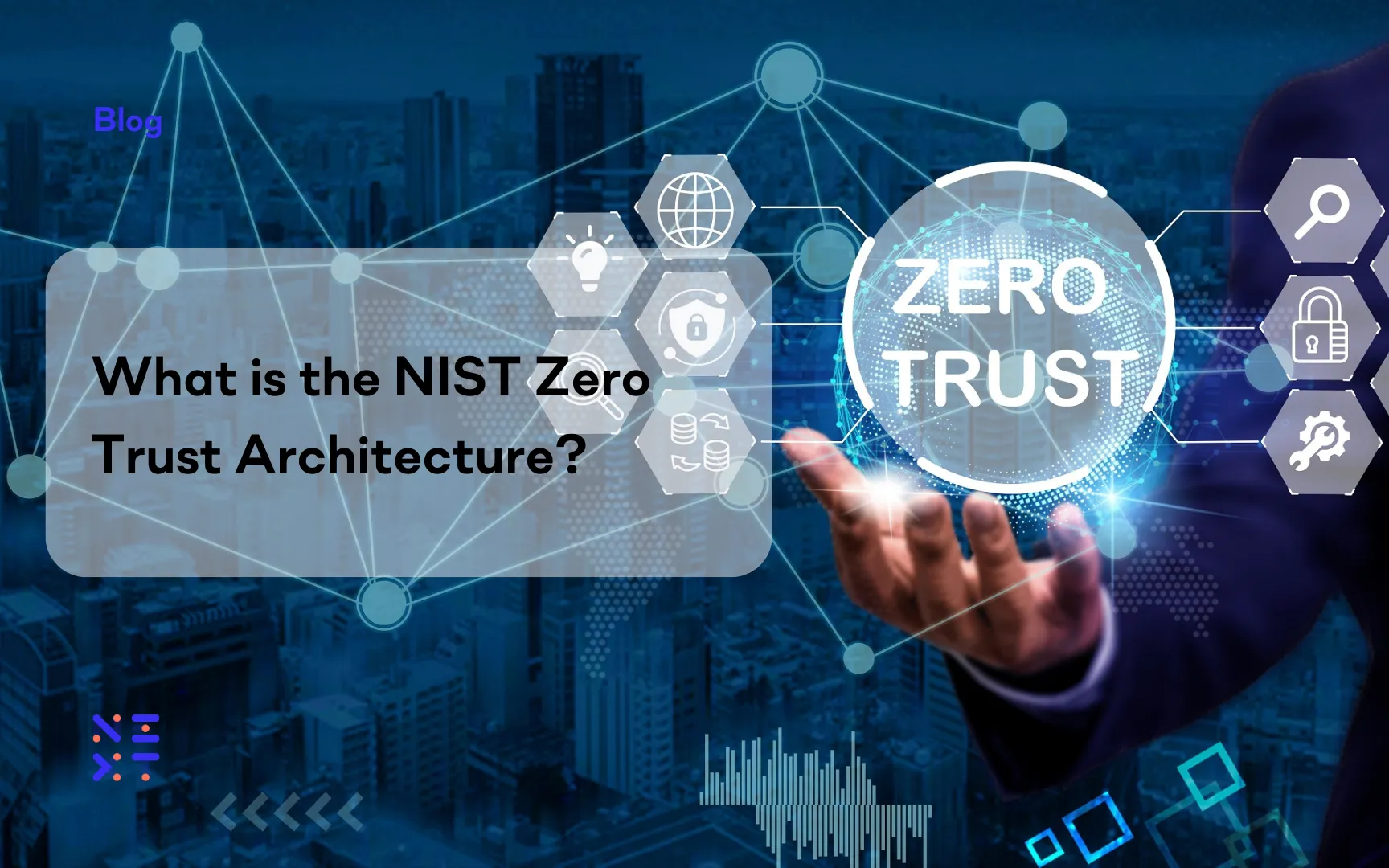
Blog
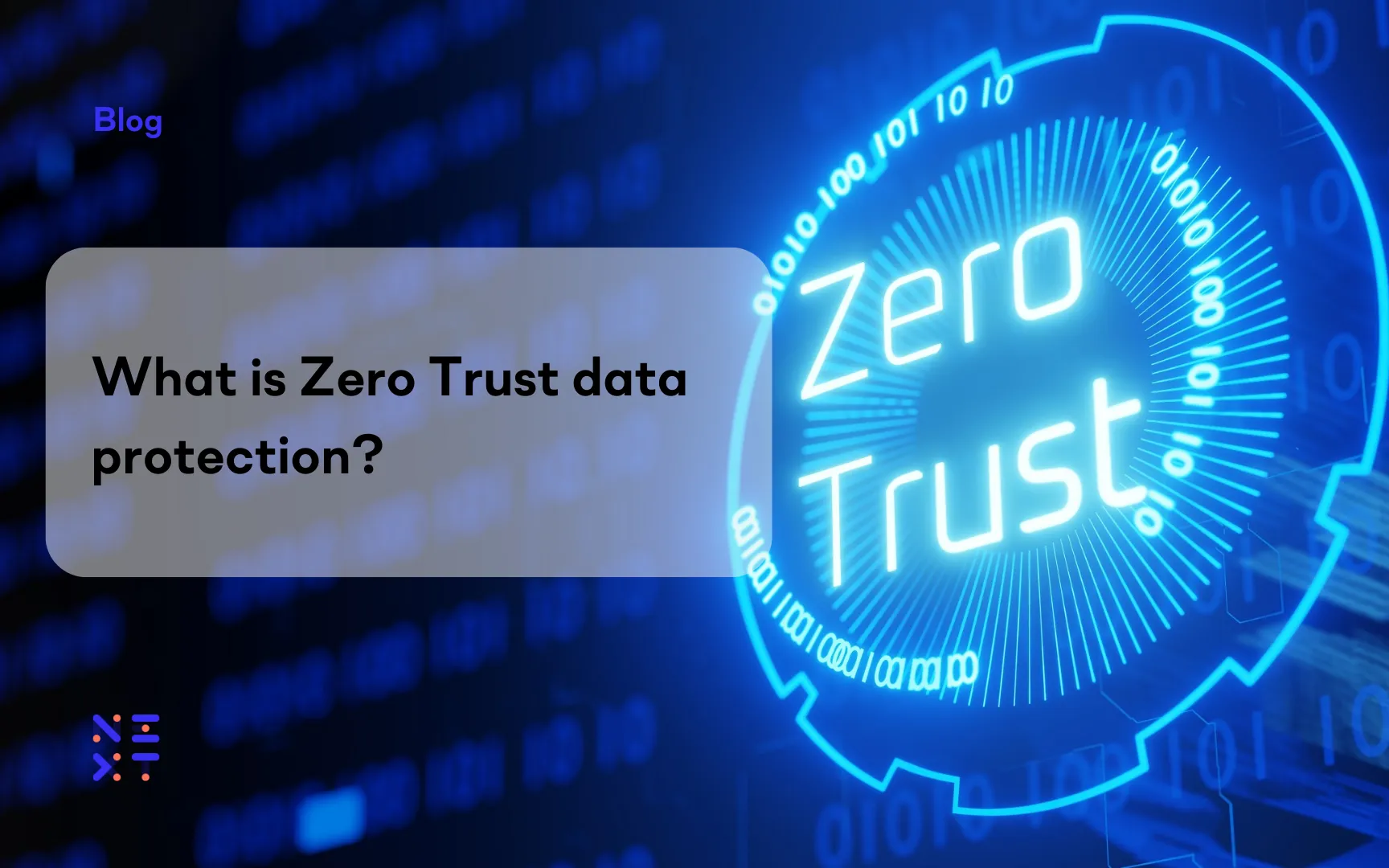
Blog

Resources

Resources
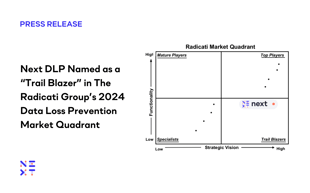
Resources
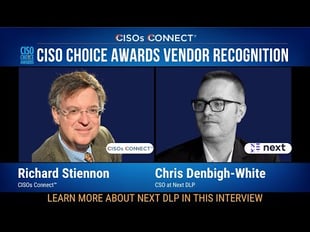
Resources

